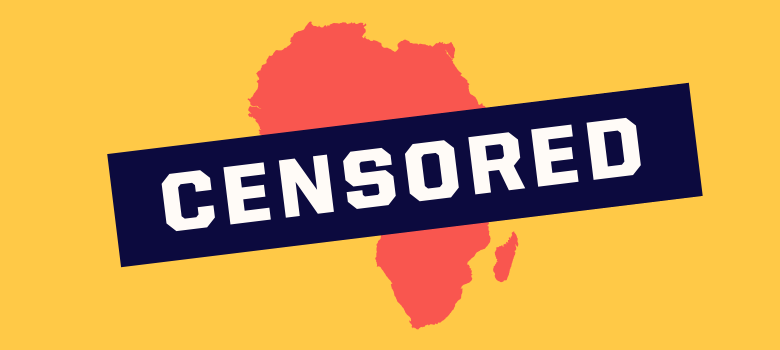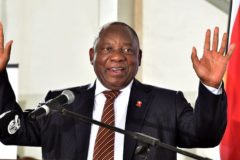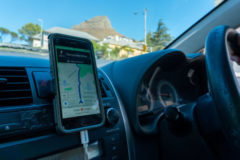Despite being an unparalleled force in human advancement and freedom, the Internet can also be a tool for oppression, chaos, propaganda, and suffering. Depending on who controls the switch, the internet can be a disruptive force like no other – for good and bad. And Africa has a rich, peculiar history of internet disruption – both positive and negative.
That’s why, while it is important to celebrate the positive impact of the internet in Africa, it is equally important to document its negative effects/applications. We did some digging and created a list of internet disruptions in Africa but first, here is a list of the most notable ones:
Zambia (February 1996)
This is the first official incidence of internet censorship in Africa by an African government. The Zambian government was able to remove a banned edition of The Post from the newspaper’s website by threatening the country’s main ISP, Zamnet.
Guinea (February 2007)
By shutting down the country’s four main ISPs, former Guinean president Lansana Conte executed the first total internet shutdown in Africa by declaring martial law after widespread protests calling for his resignation.
Ethiopia (May 2007)
Prior to Ethiopia blocking Google’s Blogger platform (and thousands of Ethiopian blogs in the process), targeted censorship of a particular service or platform was relatively unheard of. Most governments just blocked individual websites or arrested digital journalists.
Egypt (January 2011)
With tensions escalating dramatically in Egypt, Hosni Mubarak’s government cut off access to all internet and SMS services on January 27, 2011 effectively jump starting the Egyptian Revolution and laying the foundation for many shutdowns to come. It was the first widely reported Internet shutdown in Africa.
Burundi (April 2015)
East Africa did not get its first social media shutdown until President Pierre Nkirunziza decided to run for a third term in June 2015 though the Burundian constitution only allowed two terms. Protests flooded the capital city Bujumbura forcing the government to institute a shutdown of all social media/IM service in the country including Twitter, Facebook, Viber, WhatsApp and Tango.
Algeria (June 2016)
Algeria was famous for online leaks during its baccalaureate exams, but this was the first time the government would take action using social media censorship.
Cameroon (January 2017)
Perhaps the mother of all shutdowns, the Cameroonian government has shutdown internet access to its Anglophone region for the better part of the past year. According to Quartz, internet access in Anglophone Cameroon has either been completely shut off or dramatically slowed down for more than 240 days as at February 28, 2018. It all started with protests over marginalisation and perceived systemic oppression of Cameroons’ English-speaking populace. It remains the longest shutdown ever recorded on the African continent.
This is of course not the exhaustive list of internet censorship events in Africa. We’ve compiled a much more comprehensive list in this spreadsheet, do check it out.




















